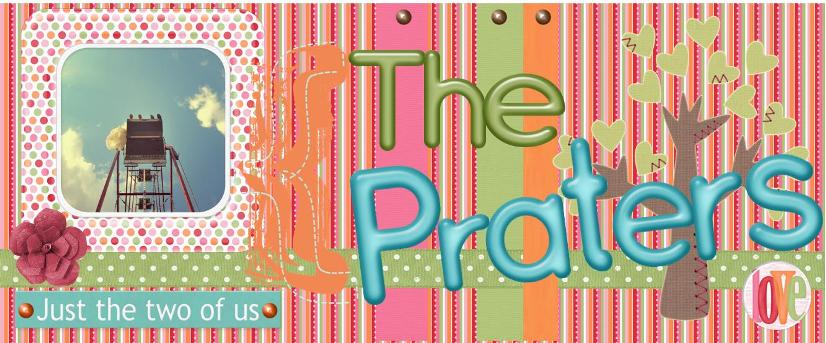It is no secret the John Knowles’ A Separate Peace is one of my favorite books (I mean I named one of my dogs after one of the main characters). I read it initially in 9th grade. I by no means think I understood the depth of the book at 14, but I did understand the pain that often coincides with some of our closest relationships. In my English classes, I used to teach Lord of the Flies as my big novel in the first semester. However, a person can only take so much of that British accent and conch shells. Last year I decided to try to teach ASP and have been pleasantly surprised at how well my kids take to it.
Now, I realize that most people in this world who do not teach high school are probably daunted by the concept of teaching the same 45 minute block of instruction to different students multiple times a day. I can assure you that teachers are much more daunted by this task than you are. Nonetheless, one of the byproducts of having read ASP approximately 6 times in my life and three times a day for the past few days is that my analysis and appreciation of the book keeps growing. And this is how I know ASP is truly as magical as I believed when I was 14.
I was reading to my kids today (yes, I also roll my eyes at the thought of a high school teacher having to read out loud to kids…can we say spoon feeding? Don’t even get me started on the trials and tribulations of the American educational system. And do not judge until you teach. Boom) I read a paragraph from the book that seemed as new and brilliant and earth-shattering as anything else I’ve ever read before. Brace yourselves:
“Everyone has a moment in history which belongs particularly to him. It is the moment when his emotions achieve their most powerful sway over him, and afterward when you say to this person ‘the world today’ or ‘life’ or ‘reality’ he will assume that you mean this moment, even if it is fifty years past. The world, through his unleashed emotions, imprinted itself upon him, and he carries the stamp of that passing moment forever.”
I’m going to need you to go ahead and reread that a few times. I’ll wait. Go on.
In the book, the narrator goes on to explain that his moment in history is World War II and all that the war meant in terms of life in America. He goes on to explain that he identifies with this moment so much because he was 16 years old during WWII, and he was existing in the most selfish, innocent, beautiful moment of his life as a 16 year old kid. His beautiful moment just happen to be set against one of the most brutal wars in American history.
After having read this paragraph from the book, I couldn’t help but think about my moment in history that belongs solely to me. I decided that the moment when my emotions achieved their most powerful sway over me (as described in the paragraph) has to be when I was 16. Now, I realize that as a 26 year old I don’t have a ton of moments to choose from; however, I truly do believe that as a teenager life seemed more alive. Colors were brighter. Words were truer. Moments were slower. I know that as a teenager life for me possessed a drama and glamour that I don’t have as an adult. I know that as a teenager I felt more alive than I do now, if for no other reason than life was newer when I was younger. I think everyone has this experience, whether they make note of it or not (side note: I am consistently drawn to those people in this world who do in fact make note of this passage of time more so than the rest of you surface level jokers).
There are a few big moments that happened to me when I was in high school that are with me still today. And when I think of “life” as a general, lofty, abstract concept, I generally default to cancer and competition and loneliness and love and friendship; all of which cut deeper and mended more cleanly than those same experiences I have had as an adult. And as the book states those moments certainly have imprinted upon me.
I often wonder why I spend time remembering years of my life that were undeniably hard to bear (Generally, this is the point in time when I consider looking in to some type of therapy). But reading that paragraph from ASP shed some light on the reason for my being incessantly cognizant of the past. Why would I ever want to forget the moments that were the most real, the most accessible, the most impactful? In fact, I spend a lot of my life today looking for ways to retrace my steps to moments in life when emotions are unleashed and my reality is seen through the brighter, truer, slower filter of my moment in history. Thankfully, as an adult, I find myself much more appreciative of those slow moments when something is everything. They may be fewer and further between than they used to be, but they are certainly more consumed than years ago.
And that folks is why A Separate Peace is beautiful and right and perfect in so many ways. And that folks is why I really like teaching English (sometimes).

I love this post. I think I actually heard your voice when I read it. I will also note that I read ASP in high school. I find that an odd coincidence.
ReplyDelete